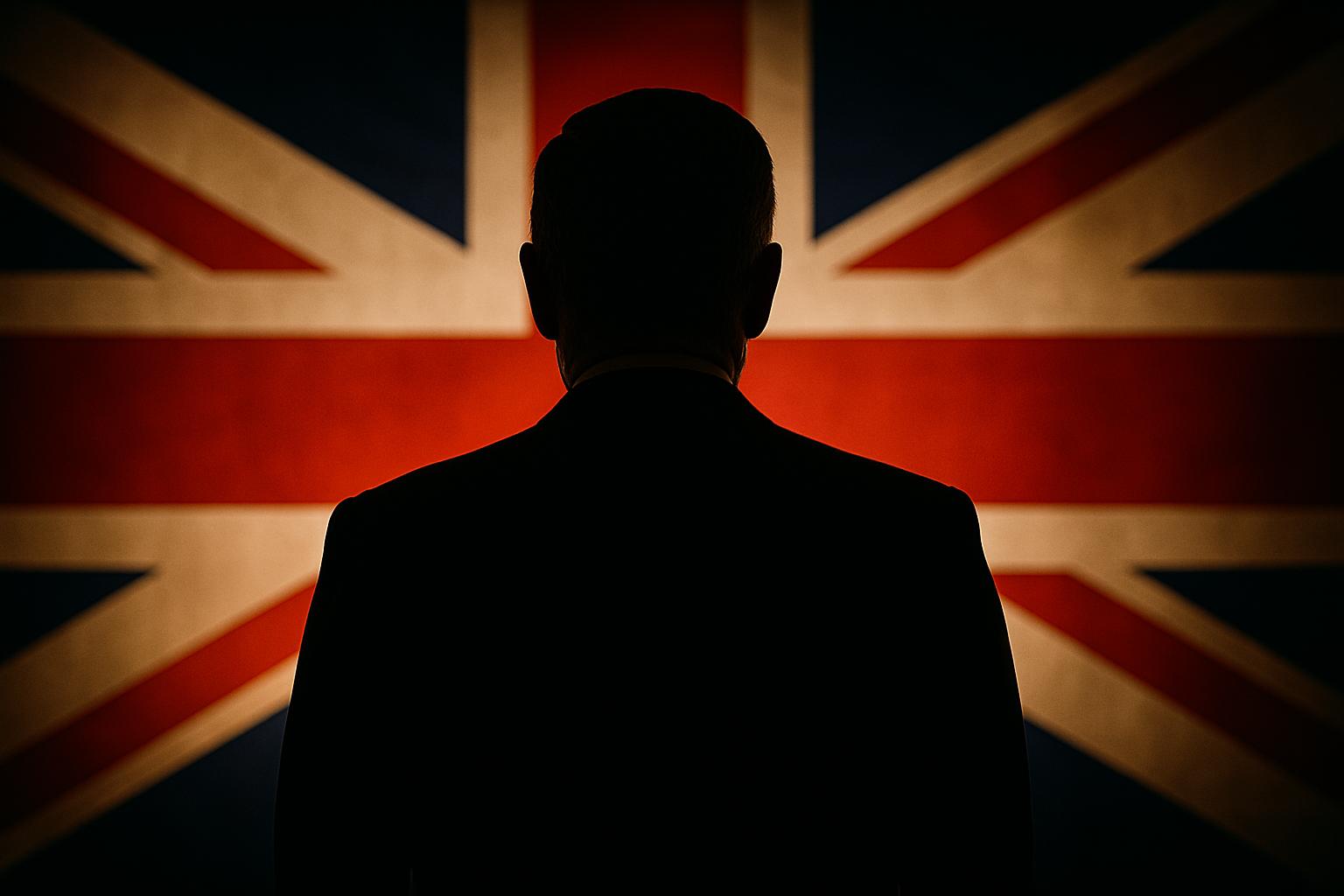The mayor of London, Sir Sadiq Khan, has doubled down on his fierce criticism of President Donald Trump amid the US leader’s second state visit to the UK—a visit marred by controversy and divisiveness. Khan did not hold back, stating that Trump and his close circle have done “the most to fan the flames of divisive, far-right politics around the world in recent years.” Coming on the evening of Trump’s arrival, this pointed condemnation underscored the tense atmosphere that surrounded the visit and highlighted the deepening fracture between those who seek national unity and the populist rhetoric promoted by the American President.
Landing at Stansted Airport, Trump’s itinerary was a tightly controlled display of pomp and ceremony, aimed at projecting strength and prestige. Yet, behind the veneer, there was little attempt to address the pressing divisions his policies have helped create, both at home and abroad. His stay, bounded by exclusive official functions and protests from those who see his approach as fostering chaos and hatred, served as a stark reminder that his brand of nationalism is increasingly at odds with Britain’s broader social fabric. Trump’s own remarks, describing the UK as a “very special place,” ring hollow in the face of his actions and rhetoric that many see as undermining social cohesion.
Khan’s longstanding opposition to Trump is rooted in a belief that his leadership embodies the worst excesses of far-right populism. The London mayor has previously labelled Trump as the “poster boy for the far-right movement around the world,” and his criticisms continue to echo broader concerns about rising extremist sentiments. Khan has persistently condemned Trump’s policies, especially his retweets of Britain First videos—actions Khan called a “betrayal of the special relationship,” demanding Trump delete the tweets and offer a true apology. Far from a partner in fostering a united kingdom, Trump’s approach has been viewed by critics as dangerously divisive, fueling xenophobia and hatred.
This critical stance has not been without repercussions within the political landscape. The Labour front bench has publicly suggested that Khan should remain silent in the face of Trump’s inflammatory rhetoric—an indication of the complex tensions within the UK’s political elite, where some prefer to avoid confrontation. Yet, Khan’s refusal to tone down his message reflects a deeper commitment to defending unity and social justice, standing against a populist tide that many believe is exploiting fears and nationalism for political gain.
Khan’s opposition to Trump extends back to his candidacy, when he warned about the dangerous implications of Trump’s anti-Muslim rhetoric and proposed bans that play directly into the hands of extremists. His vocal criticism underscores a broader rejection of a politics rooted in division, fear, and scapegoating—a dangerous trend that threatens the fabric of democratic society. As Trump’s visit highlighted, the rise of far-right politics isn’t confined to America; it’s a global challenge that needs to be confronted head-on.
The spectacle of Trump’s visit, with its official ceremonies shadowed by street protests and public outrage, underscores the urgent need for a principled stand against divisive nationalism. Amid a political climate increasingly characterized by polarization and anti-immigrant sentiment, figures like Khan are vital voices calling for unity. The recent election results—where a fledgling opposition made modest gains—should serve as a stark reminder that many in Britain are craving leadership that prioritizes social cohesion over populist divisiveness. As the political landscape continues to shift, it’s crucial that Britain remains vigilant and rejects the style of politics that Trump exemplifies—a politics that damages communities and undermines the values of tolerance and inclusion.
Source: Noah Wire Services
